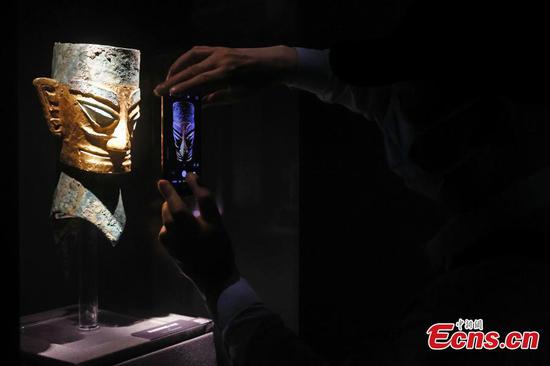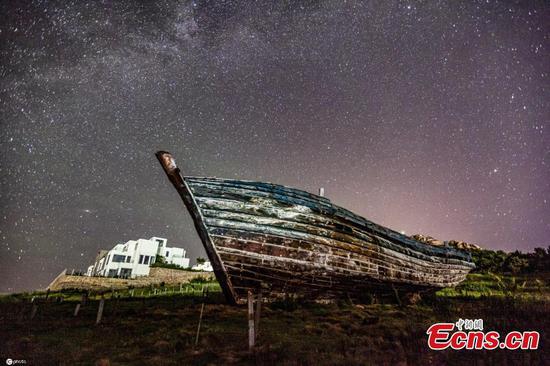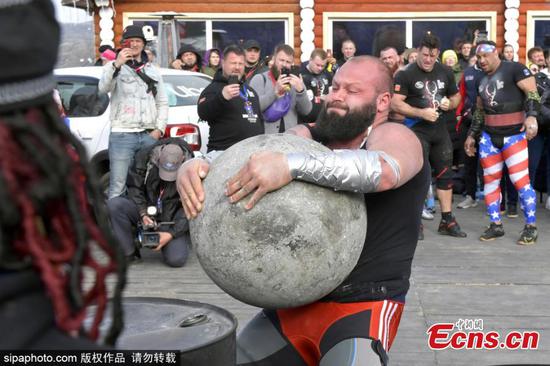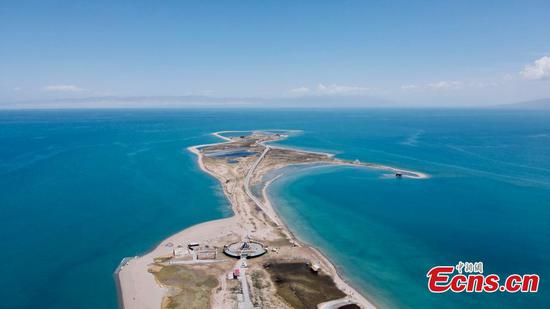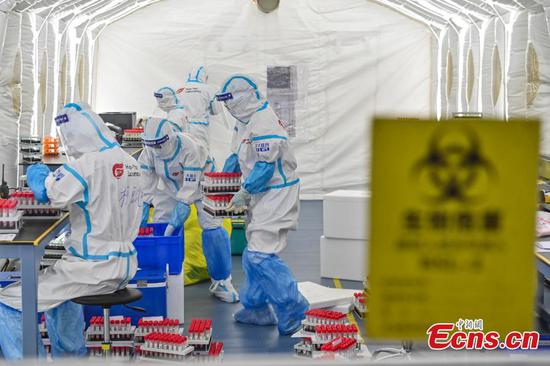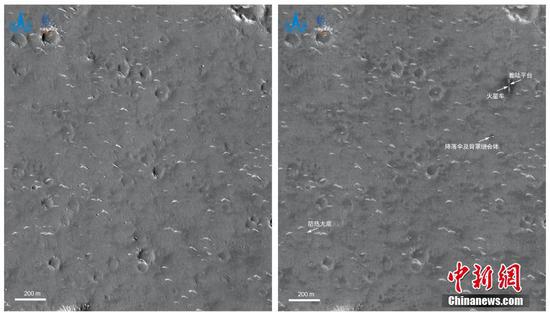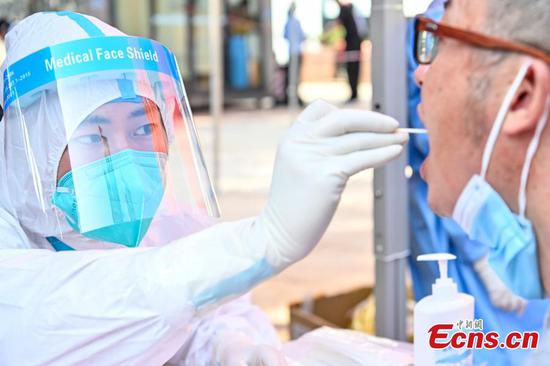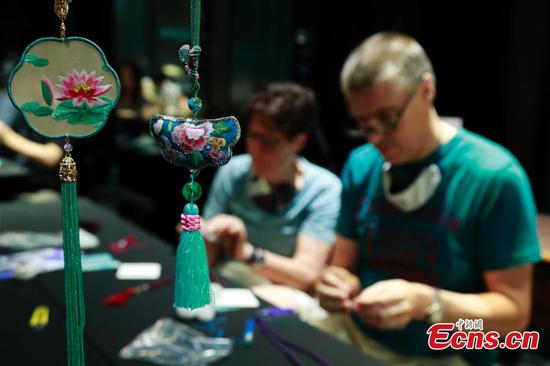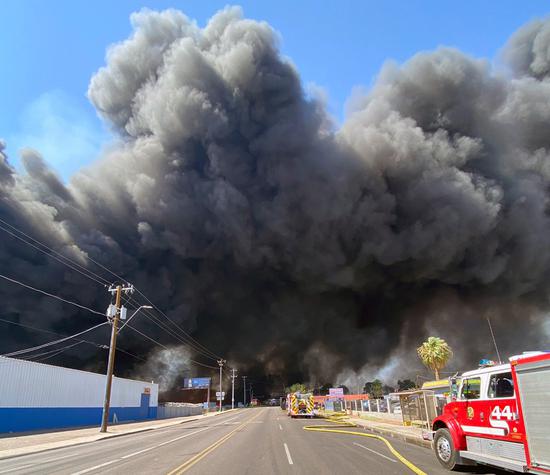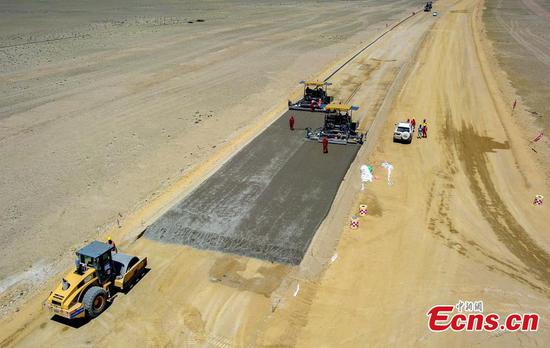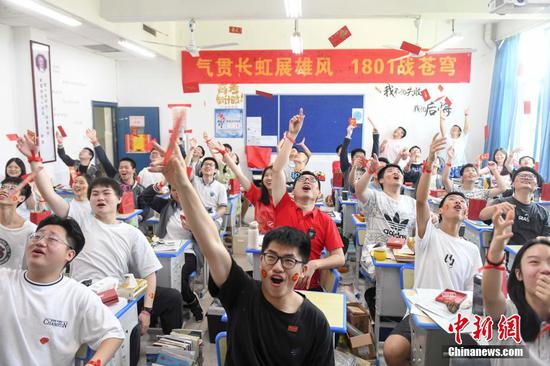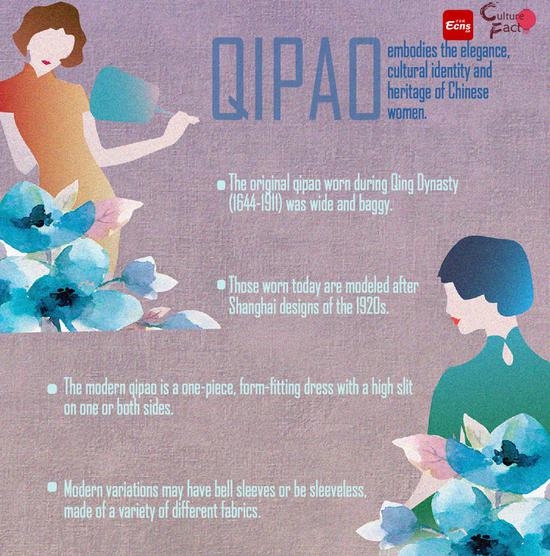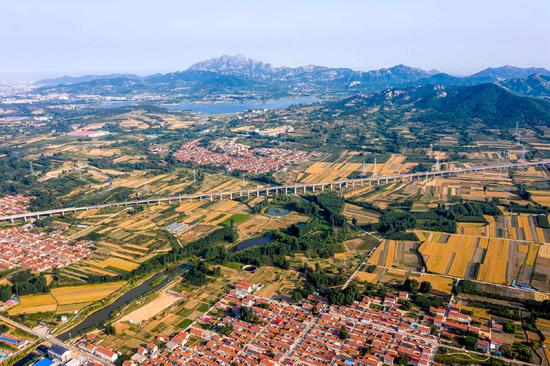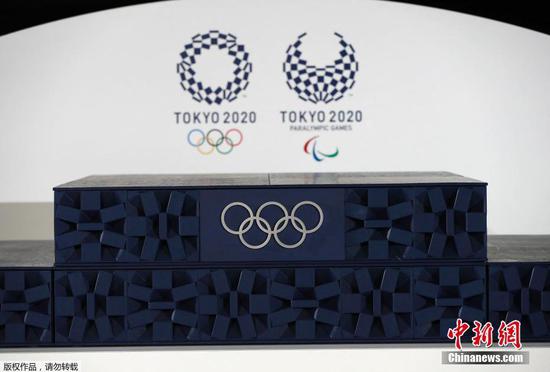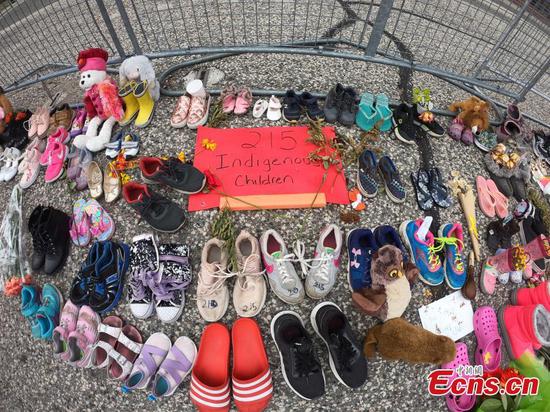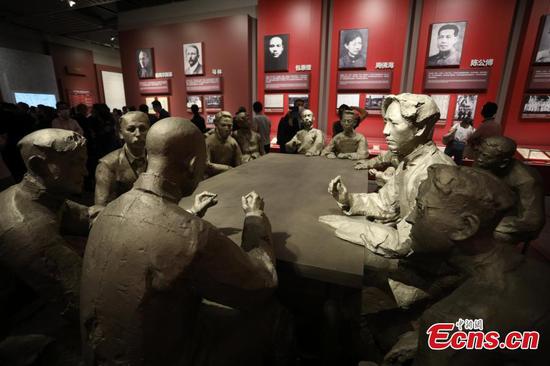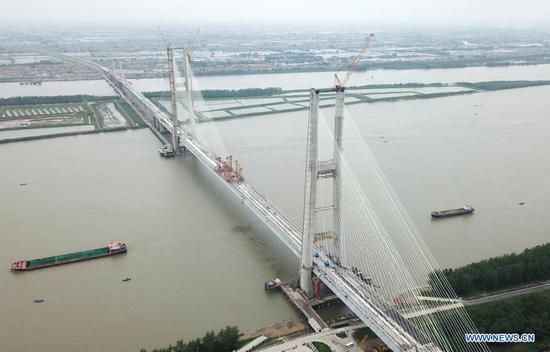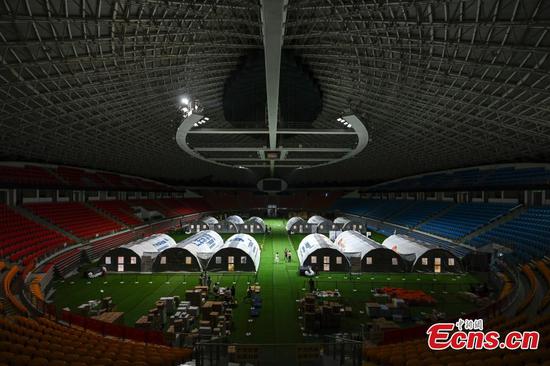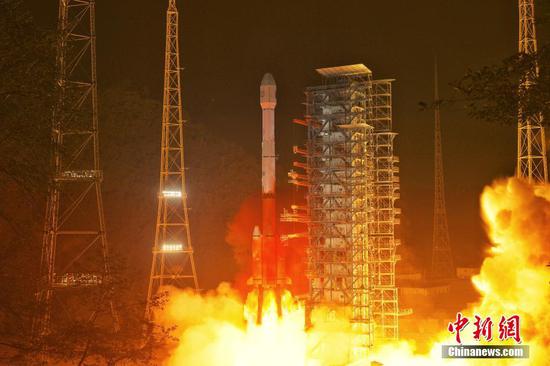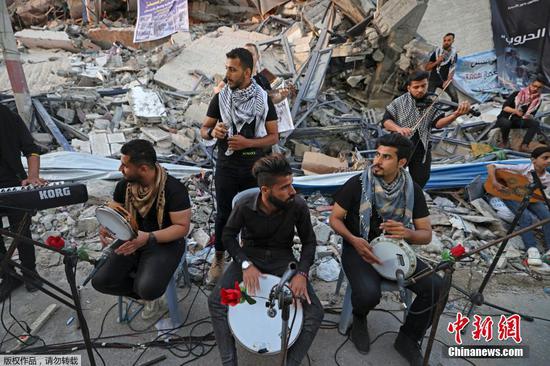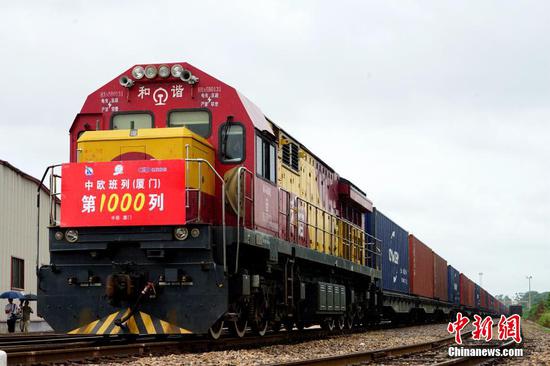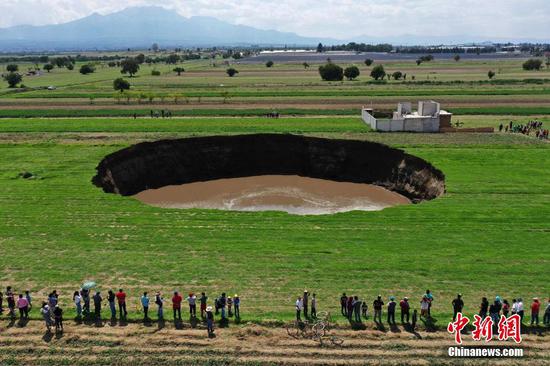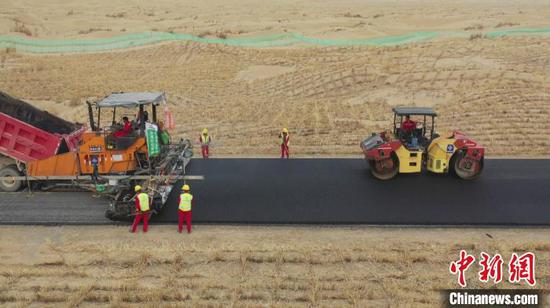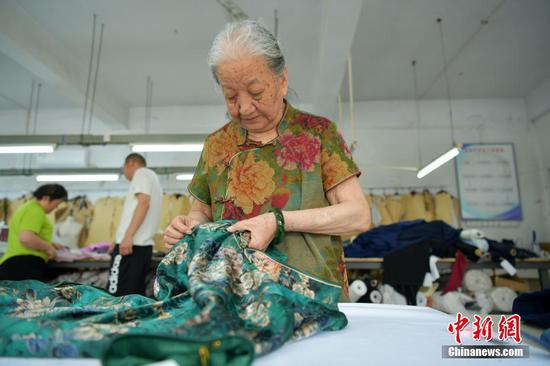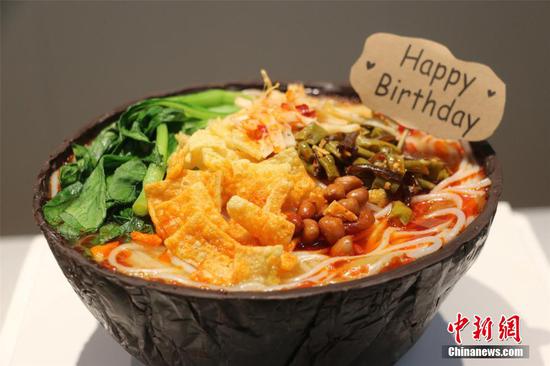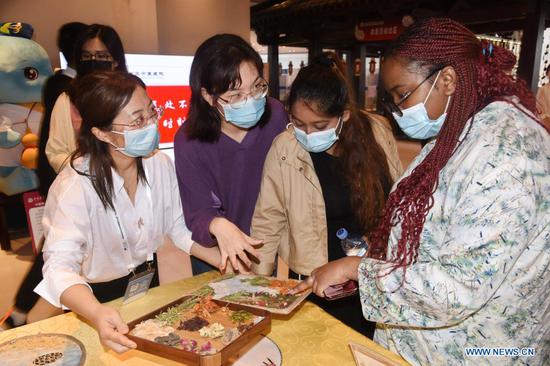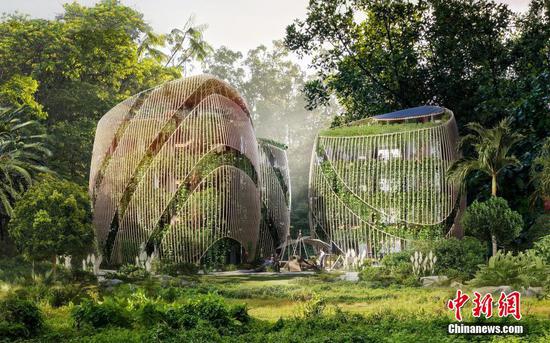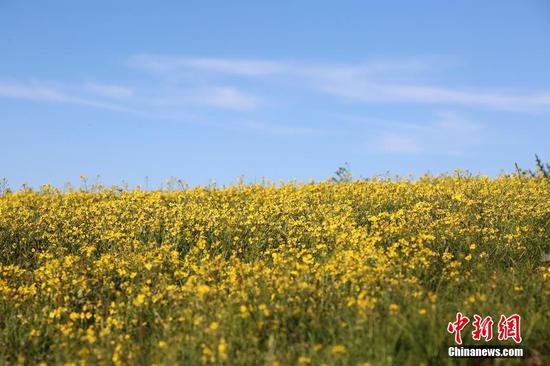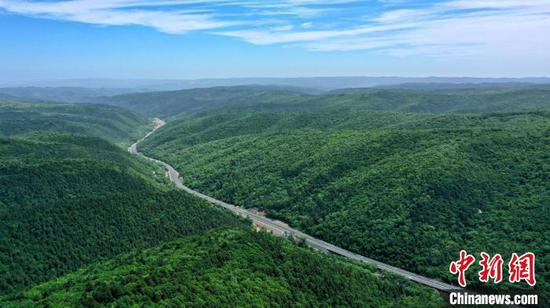
Photo taken on July 14, 2020 shows the Golden Bauhinia Square in Hong Kong. (Photo/Xinhua)
Universities in the Hong Kong Special Administrative Region were cautioned on Tuesday by the SAR's leader to be "sensitive" to foreign infiltration and guard against the impact of biased academic activities on young minds.
The warning came after media reports a multinational team of academics paid 849 students from the Hong Kong University of Science and Technology to join a protest in the city on July 1, 2017, as part of sociological research.
SAR Chief Executive Carrie Lam Cheng Yuet-ngor urged the universities' management, council chairs and presidents to be extremely careful and to make sure university students are not indoctrinated by "prejudices and bias" through academic activities, let alone breach the laws of Hong Kong.
Students' awareness of the law became a major issue in the city's education sector after police statistics showed they accounted for more than 40 percent of 10,200 arrests made till the end of last year over the social unrest in 2019.
Lam said the social unrest in 2019 demonstrated the active involvement of ill-intentioned external forces in the city. "Penetrating various institutions in Hong Kong, including the universities, is something that everyone in a position (of authority) should be very sensitive to," Lam said.
HKUST said in a statement on Thursday that one of the five academics who initiated the study was formerly employed by the university and left in September 2019. The study failed to pass a review by the university's Human Research Ethics Committee at the end of 2019, for not saying the research was aimed at inducing protester turnouts and that students were paid for protest participation.
Lau Siu-kai, vice-chairman of the Chinese Association of Hong Kong and Macao Studies and a professor emeritus of sociology at the Chinese University of Hong Kong, said the study exposed hundreds of students to the risk of becoming unwitting protesters against the government. The result could also be used by external forces wanting to promote social movements in Hong Kong.
The study found that the protest turnout increased immediately after the offer of cash incentives to the students. Those who were offered one-off incentives also tended to remain engaged in political movements. The results were published in the June issue of the American Economic Review.
Lau said that since the promulgation of the National Security Law for Hong Kong in June 2020, universities' responsibilities have been extended to include processing research applications from a national security perspective.
Senior counsel Ronny Tong Ka-wah said universities should produce guidelines for students to help them assess the moral hazards of being a research subject. Paying students to take part in an assembly was "morally unacceptable" as it runs counter to the basic elements of free expression in Hong Kong, he said.









